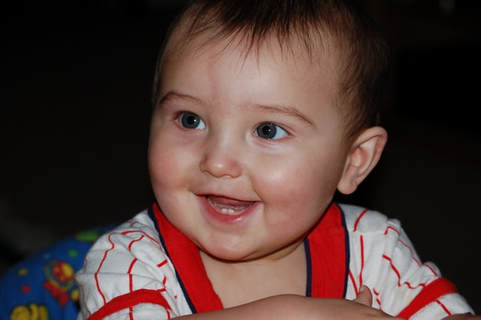
You may have other differences that make you feel out of step with your congregation. Perhaps you are older (over 50), are gay or lesbian, don't have children. Maybe you don't have the money for Jewish events. Bottom line, you need a circle of friends that function like family; a place where everybody knows your name and expects you to show up.
One person expressed it this way, "I was wondering if you knew of any resources or articles or books about being single and observing Judaism? I’ve been really struggling lately. Being gay is also part of that. My shul isn’t homophobic at all, but programming is for sure for straight people. Anyway, any thoughts about single Jewish observance and life would be appreciated."
This is a reoccurring issue for single Jews by choice, so we asked everyone on the email list: If you are single, can you share some of your solutions & ideas? If you are not single, do you have a suggestion that might help?
(1) I’m single and understand the challenge of ‘feeling Jewish’ without a Jewish partner.
Ways that I continue to express my Jewish identity are by attending services, celebrating the holidays, watching YouTube videos, reading Torah and staying up to date on the Parsha readings, and having Judaica around the home. I don’t “keep kosher," but I do try to buy kosher meat as much as possible. It’s important to set goals (e.g. learn Hebrew, keep mitzvot, donate to a charity, etc.) too.
I understand how lonely it can be without a Jewish partner as I went from being in a relationship with a Jewish person to being single. It’s really not the same without that social element.
The only advice I have for this for people who have converted, like myself, is to concentrate on what in particular makes that individual feel Jewish on a personal level. Then one’s Jewish identity will shine even more.
Hannah
(2) Thank you for recognizing that being Single is a challenge regarding connecting to Judaism. Especially important is around the holidays, such as the upcoming Passover.
Here's what I've done to increase my connection:
1. Participated on a committee
2. Helped with planning the update of the temple website
3. Went through a B'nai Mitzvah (by far the most connection was felt here, learned Hebrew and to chant Torah and haftarah)
4. Joining the temple choir
5. Volunteering at the temple or for special events in any small way that I could.
Overall, I've found it helpful to get involved with ongoing activities. And if the activity involves getting through struggles together (like learning Hebrew or chanting Torah and haftarah) the better for deepening the connection. After all, when becoming Jewish, it's not just converting to a belief system, but its about becoming part of a people. So becoming integrated with the people is key.
Miri
More replies will be coming so stay tuned!



 RSS Feed
RSS Feed